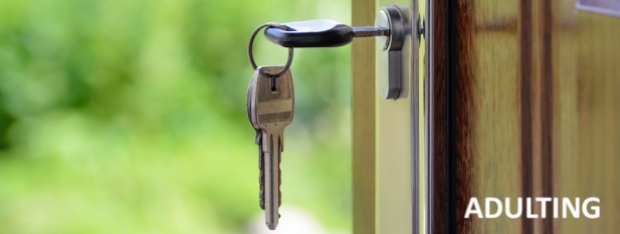
What does success look like for a teacher? I heard a story about a school principal who realised that the Secondary school system was so good at drilling students for the O Levels exams that despite getting incredibly good grades at the national exams, they struggle when they rise to the next level (in Junior Colleges). She went to the teachers and wanted to do something about it but the teachers thought that their existing techniques worked to produce results, so why change things.
So she waited. And soon a former student approached her about this problem, having struggled in junior college despite having done well in O Levels. She invited this student to share at a staff meeting. And it woke the teachers up to the reality of what they were doing; they convened a committee to look into this. Was that a success? I don’t know. What does it mean for teachers to address this issue? Was it about making sure O Levels really gave a more truthful assessment of the students’ abilities? Or was it about teaching students higher level stuff to cope with A Levels? Was it to encourage them to truly learn and that it doesn’t matter if they didn’t do so well in O Levels?
I have no clue because the story ended there and it was all there was in a story. Teachers need to consider for themselves what they pride themselves upon and what is really the important thing for them. Was it really the grades of the students? Was it the attitude? Was it their ability to learn something on their own? As a culture, what do the education service really expect of our teachers? What kind of aspirations do we really desire, and how are these aspirations working out on the ground?









